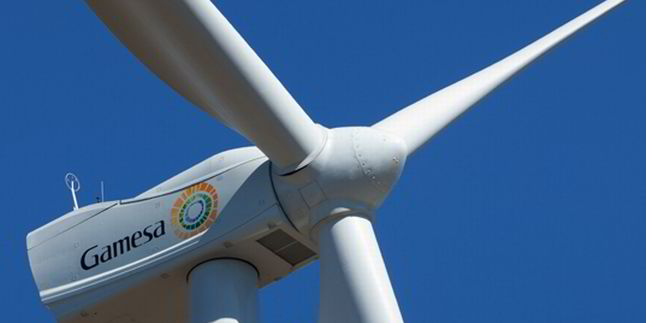TPI will manufacture the blades from a plant in Ciudad Juarez, Mexico, that it reopened last December.
In January, Gamesa announced it will shutter its own blade factory in Pennsylvania at the end of March with a loss of 62 jobs. The Spanish company said the move was prompted by a shift in demand for its turbines to the US Southwest, and a subsequent need for a supply chain rethink.
Gamesa’s share of the US market has gyrated in recent years with turbine deliveries by capacity totaling 566MW in 2010, 154MW in 2011, 1,341MW in 2012 and none in 2013.
Given that turnover, an uncertain US market outlook and fixed costs, the company could not justify keeping its own blade plant, analysts say. Gamesa is a minor player in Canada, although it had done better in Mexico.
“We are excited to be partnering with TPI to provide world-class wind blades to our regional target markets,” says Borja Negro, chief executive of Gamesa North America.
Even with the upcoming closure of Gamesa’s plant and several tower makers exiting the business since 2012, the US market still suffers from too much installed capacity for wind turbines and major components. Further plant shutdowns and consolidation is expected.
Canada may also be facing overcapacity depending on the outlook for Ontario’s wind market.
TPI’s plant in Mexico was formerly operated as a joint venture with Mitsubishi Power Systems under the name of VienTek. TPI gained full control in 2012 and is in the process of hiring about 600 former VienTek employees.
“We are very pleased to add Gamesa as a key customer for our Mexico operation,” says TPI Composites chief executive Steve Lockard. “Gamesa is an international wind leader with very strong ties to the US and Mexican markets. Recent strong US orders validate the new G114- 2.0MW model as one of the most efficient turbines in the market at medium and low wind speeds.”

